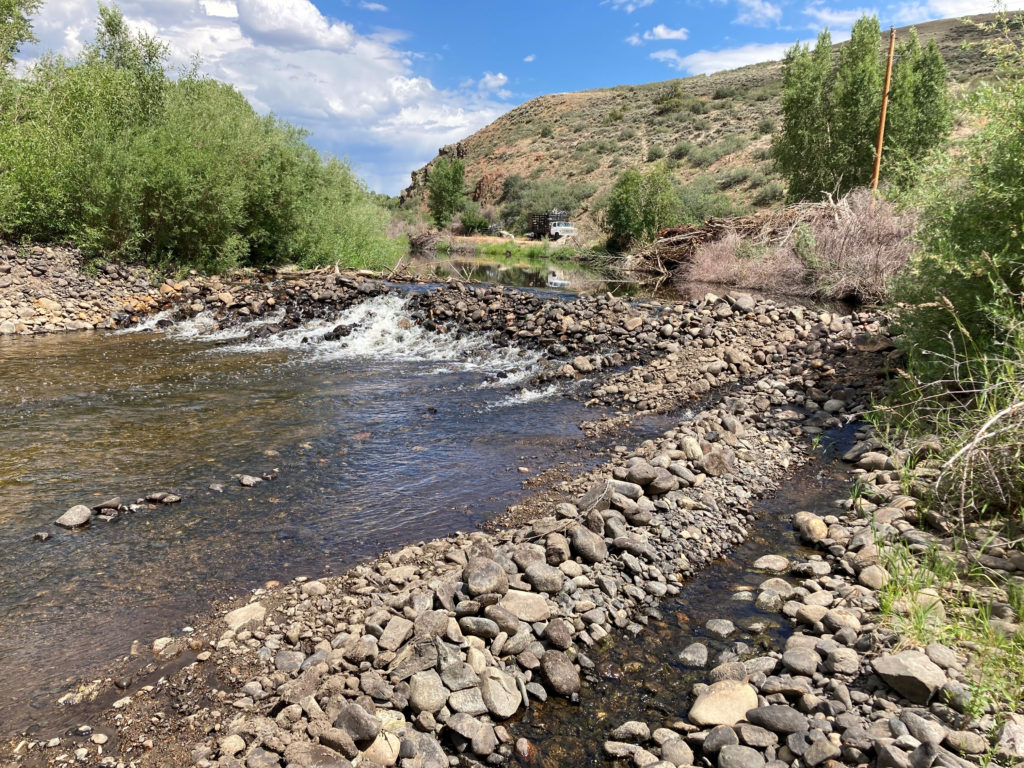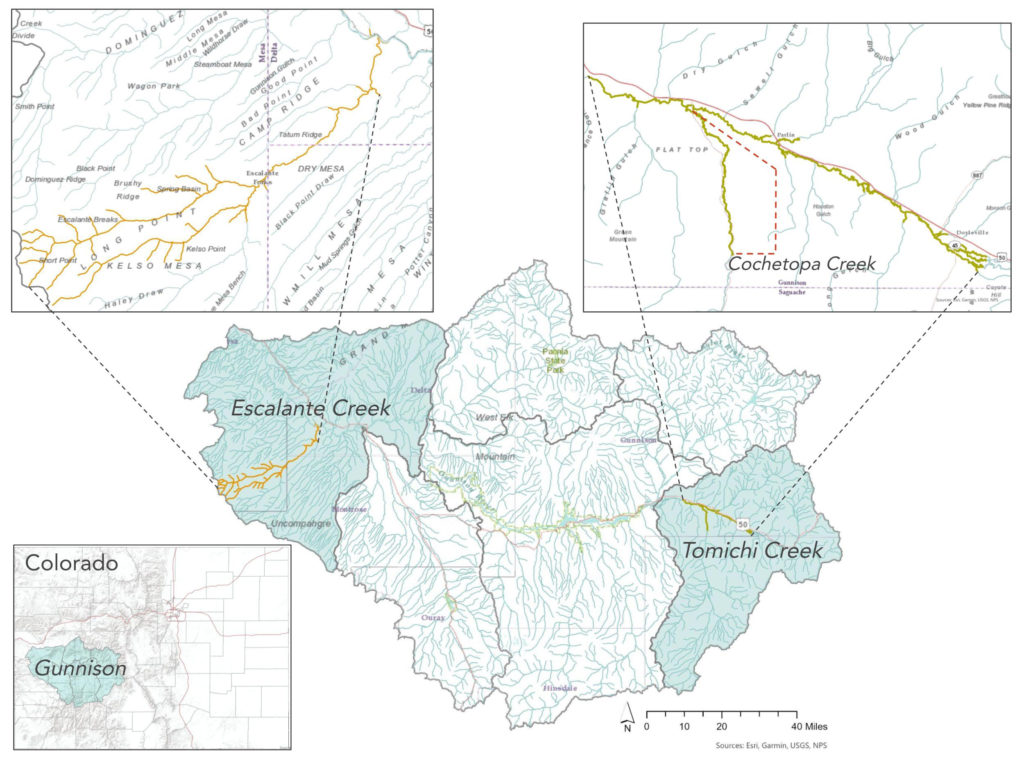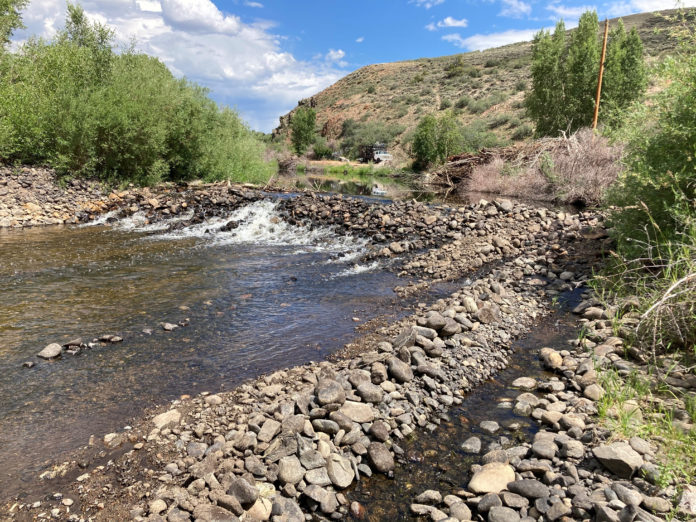By Jesse Kruthaupt; Cary Denison; Lydia Bleifuss
Extreme drought in Colorado’s Gunnison River region has negatively impacted agricultural operations, wildlife populations and watershed health. In October 2021, the Natural Resource Conservation Service (NRCS) awarded over $822 thousand to support Trout Unlimited’s (TU) Gunnison River Drought Resiliency and Restoration project (Regional Conservation Partnership Program (RCPP), Alternative Funding Arrangement). Supporting project partners include U.S. Fish & Wildlife, National Fish and Wildlife Foundation, Colorado Water Conservation Board, Upper Gunnison River Water Conservancy District and Colorado Canyons Association. From spring of 2022 to 2027, TU will restore wetlands and riparian areas while improving irrigation water management on working ranches in three distinct tributaries to the Gunnison River.
The primary goals of the project are to build drought resilience and address inadequate riparian habitat and water quality on at least five working ranches along Gunnison River tributaries, including Escalante, Tomichi and Cochetopa creeks. TU will utilize NRCS practices to provide ranch owners financial and technical assistance to update antiquated irrigation diversion and delivery infrastructure, improve irrigation water management, restore segments of degraded stream channel and riparian habitat, and where appropriate, utilize low-tech restoration technics to trap sediment and enhance floodplain connectivity for associated riparian wetlands. TU expects the employed practices will provide many positive impacts to these regions.

• Increasing base flows will reduce stream temperatures and support several fish species including native trout, wild trout, sucker and chub.
• Native riparian vegetation density and habitat that are relied upon by numerous bird species including the threatened Gunnison Sage Grouse and Yellow Billed Cuckoo will be increased.
Riparian and meadow areas will strengthen big game habitats.
• Beaver populations will be supported through process-based restoration techniques, namely the construction of instream structures known as beaver dam analogues, to raise groundwater tables and restore floodplain connections where feasible.
• Soil health should be improved through use of wet meadow restoration, irrigation water management and prescribed grazing methods.
• Water quality improvements from reducing sediment load and turbidity through bank stability and revegetation actions are likely to increase water temperatures and improve stream flows by increasing recharge of fluvial aquifers.
The practices implemented to reach these goals will be based on technical NRCS Conservation Practice Standards and used in concert with one another to increase their effectiveness and reach the desired outcomes.
Timing of this project is important as ranchers and farmers are keen to increase drought resiliency as they continue to struggle through more than 20 years of decreased precipitation and increasing temperatures. Aridification has already significantly impacted agricultural production and environmental qualities in the Gunnison while increasing tensions between competing water interests. Water scarcity caused by extended drought creates problems not only for individual ranch and farm operators, but also the environment, outdoor recreation and municipal and industrial sectors.

The infrastructure and habitat improvements will allow producers to adapt to the changing climate, while improving environmental attributes on working lands. By supporting agricultural producers’ abilities to remain resilient to the impacts of a changing climate, this project will protect the agricultural heritage and economy of the Gunnison Basin. Indirect and targeted outreach about this project will inform other western producers and water managers on drought resiliency practices.
Rafters, hikers, anglers and other downstream users will benefit from improved watershed health and wildlife habitat, ensuring economic viability of the recreation-based economy in the Gunnison Basin. By improving environmental qualities on private lands that interface with public lands and waters, the project will help to foster productive relationships between recreational interests and agricultural producers. The project will provide an example of scalable, collaborative conservation work that improves drought resiliency for agricultural producers and the environment.
About the Experts
Jesse Kruthaupt is the Upper Gunnison Basin project specialist for Trout Unlimited.
Cary Denison is the Gunnison Basin project manager for Trout Unlimited.
Lydia Bleifuss is the regional farm bill associate for Trout Unlimited.
Trout Unlimited’s mission is to conserve, protect and restore the nation’s fisheries and watersheds. In the West, TU has over 600 active projects improving watershed health and water management.












